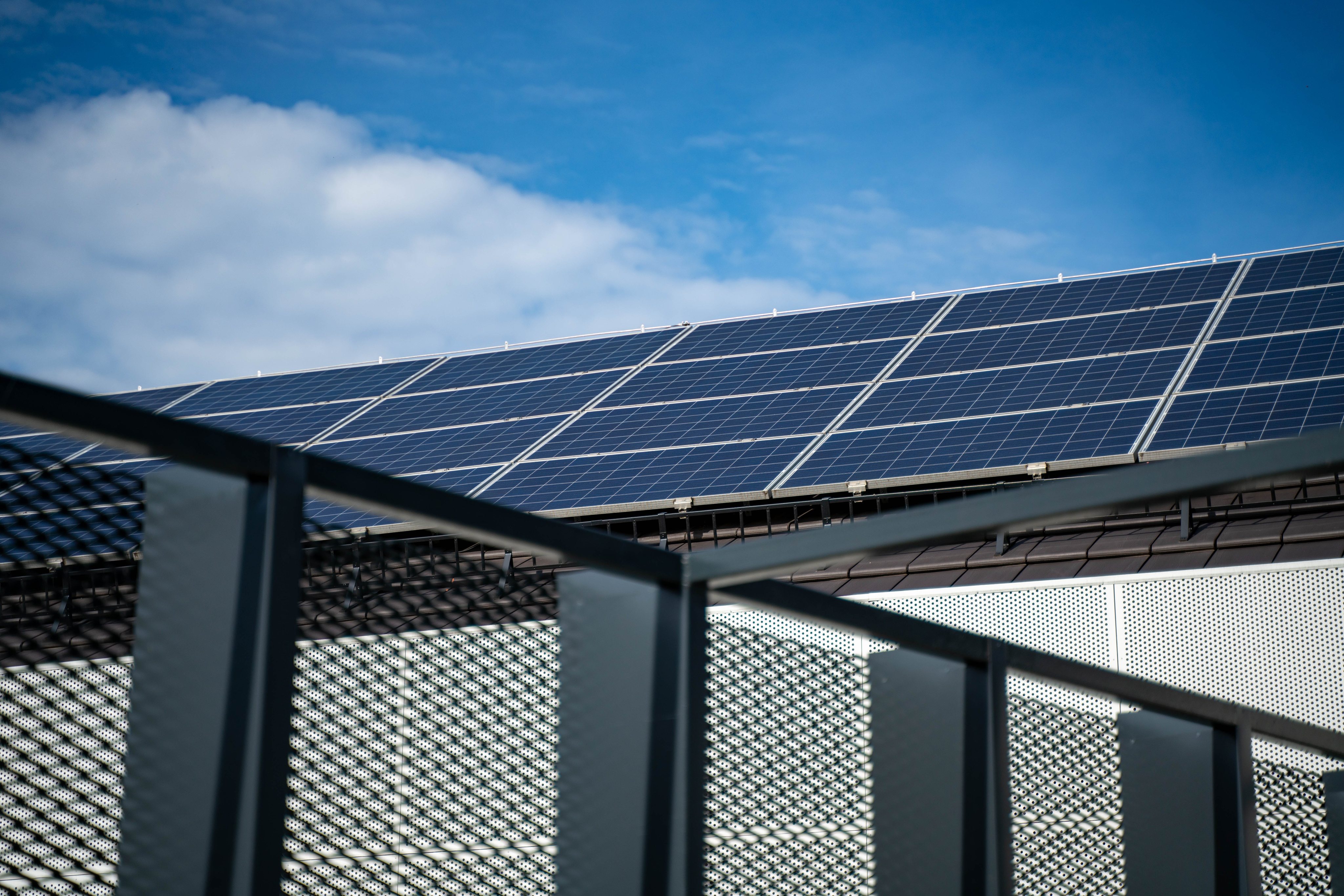Simulation is an essential tool in HVAC (Heating, Ventilation, and Air Conditioning) design. It not only helps optimize technical performance but also reduces costs, improves comfort, and ensures compliance with technical and legal standards.
1. Optimize Energy Efficiency
- Cooling/Heating Load Calculation: Estimate actual energy needs.
- Proper Equipment Selection: Avoid over- or under-sizing.
- Design Comparison: Choose the most energy-efficient option (chiller, VRF, centralized vs. decentralized…).
2. Ensure Thermal Comfort
- Simulate temperature, humidity, and airflow according to standards (ASHRAE 55, ISO 7730...) to ensure occupant comfort.
3. Airflow Analysis (CFD)
- Evaluate airflow distribution, dead zones, and turbulence.
- Avoid stagnation, stuffiness, or drafts.
- Ensure effective ventilation in cleanrooms, basements, hospitals...
4. Natural Ventilation Simulation
- Assess airflow through windows and openings to support or replace mechanical ventilation.
- Reduce operating costs.
5. Standards & Legal Compliance
- Meet green building certifications (LEED, LOTUS, Green Mark...) and local codes (QCVN, TCVN).
- Support design approvals and certification processes.
6. Minimize Capital & Operating Costs
- Avoid over-investment in oversized equipment.
- Reduce post-construction adjustments.
7. Special Scenario Simulations
- Smoke control during fire events.


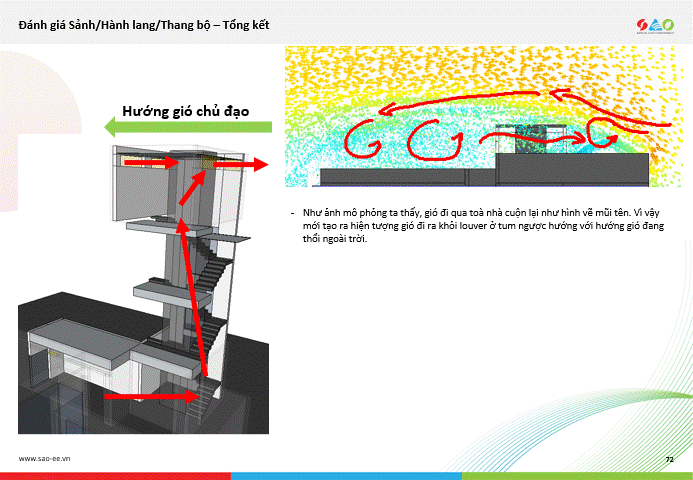
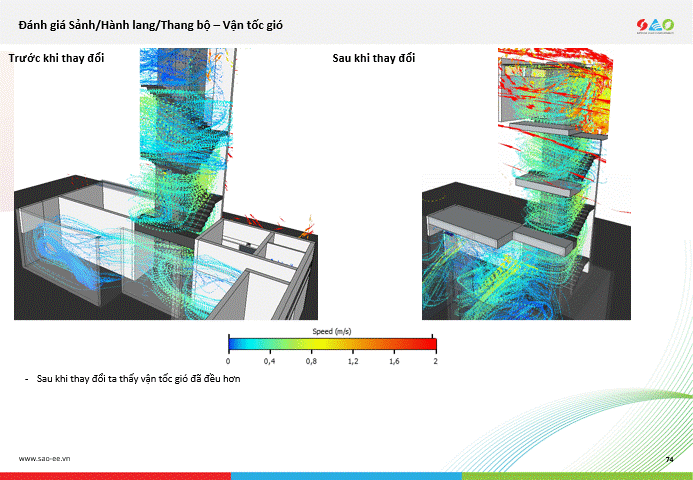


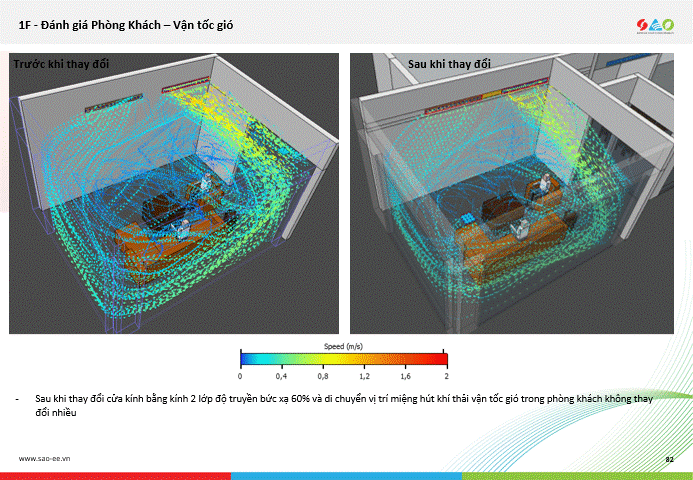
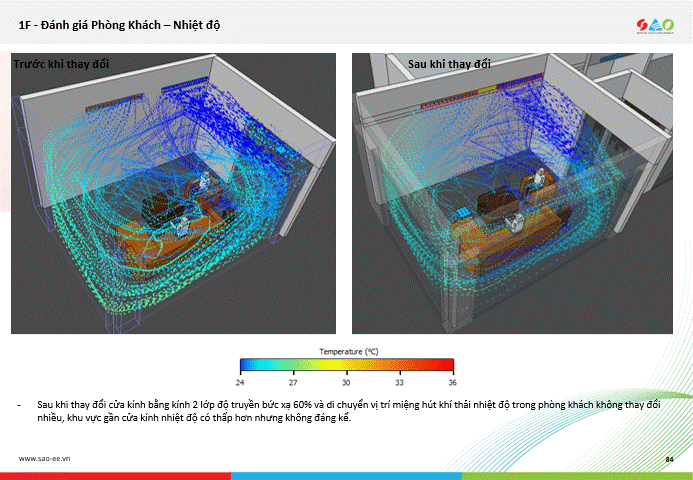

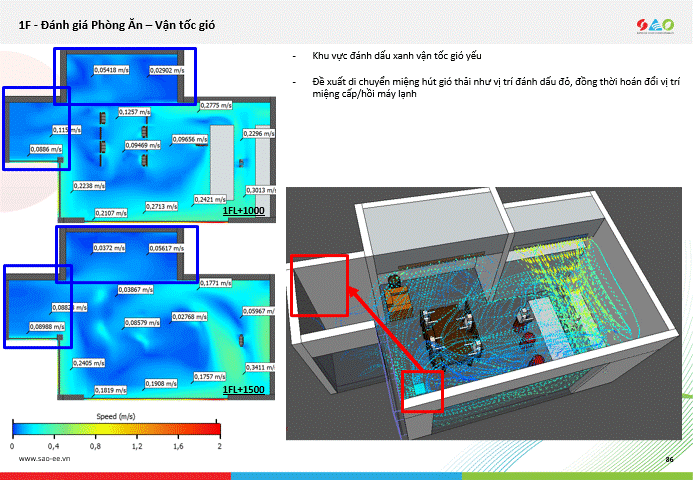





Conclusion
HVAC simulation is a critical step in modern building design—enhancing efficiency, saving energy, and improving safety and comfort. It is especially important in green, high-tech, or technically demanding projects.
Tags
Related news
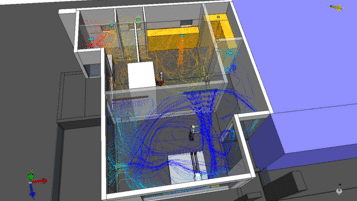
CFD in HVAC: Engineering Tool or Just Visualization?
Many people believe that CFD is used only to: Create colorful images for reports Provide visual illustrations for clients In...
View detail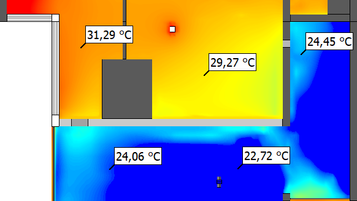
Why do occupants still feel uncomfortable even when the HVAC system is correctly designed?
In many office, hotel, and commercial projects, HVAC systems are designed strictly according to calculated capacity and airflow. However, once...
View detail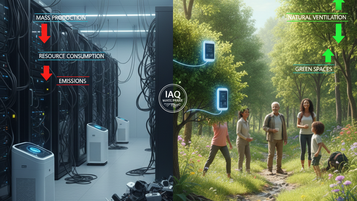
Air Quality: Standards Are the Branches, the Environment Is the Root
According to current documents, including IAQ white papers, one clear reality emerges:there is still no unified global standard for indoor...
View detail
